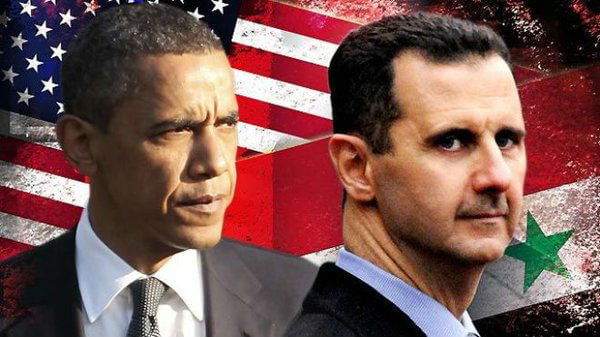
Garry Kasparov writes: The 21st century has been marked by two complementary trends in global security: the rise of new and unexpected threats and the return of old ones. Terrorist organizations have adapted modern technology to deadly purpose and paired it with global ambition. Nineteen well-trained individuals killed more Americans on 9/11 than the entire Japanese fleet killed in Pearl Harbor. Our ubiquitous smartphones and social networks turned out to be agnostic tools, serving both good and evil. They are boons for economic empowerment and cultural exchange, but also allow terror movements to recruit internationally, creating a homegrown terror threat that no border wall or refugee ban will prevent.
The old menaces of the 20th century have reappeared in updated forms. Communism as a political ideology is as bankrupt as ever, but the aggressive despotism that enforced it for decades before the fall of the Iron Curtain and the Soviet Union has returned to the world stage, due largely to Russian President Vladimir Putin. The United States, a global hegemon alternately over-eager or reluctant, has reacted in dramatically inconsistent ways to the new threats while mostly ignoring the resurgence of the old ones.
The checks and balances that frustrate every president domestically do little to prevent the commander-in-chief from wielding the power of life and death all over the world. The overwhelming military might of the United States is inherently agnostic as well. It can be used to attack or to defend, to protect innocent lives or to take them, to remove dictatorships or to support them.
The use of this fearsome power is guided by the American constitution and the founding American values of democracy and freedom. But it is up to the occupant of the White House to follow the Constitution and to live up to those values. The executive has found countless ways to evade checks on his authority, from signing “agreements” instead of treaties, to escalating foreign “police actions” instead of declaring war. American values have been applied selectively as well, as decades of relative unity in containing the Communist threat has given way to a neo-isolationist trend in both major American political parties. Instead of debating how the U.S. should act on the world stage, today’s presidential candidates are arguing about whether or not the U.S. should act at all. The specter of the 2003 Iraq War looms over every potential American action.
Such reflection is commendable, but in the seven years of the Obama administration we have seen that inaction can also have the gravest consequences. Inaction can fracture alliances. Inaction can empower dictators and provoke terrorists and enflame regional conflicts. Inaction can slaughter innocent people and create millions of refugees. We have the horrific proof in Syria, where Barack Obama’s infamous “red line” has been painted over in blood. [Continue reading…]

